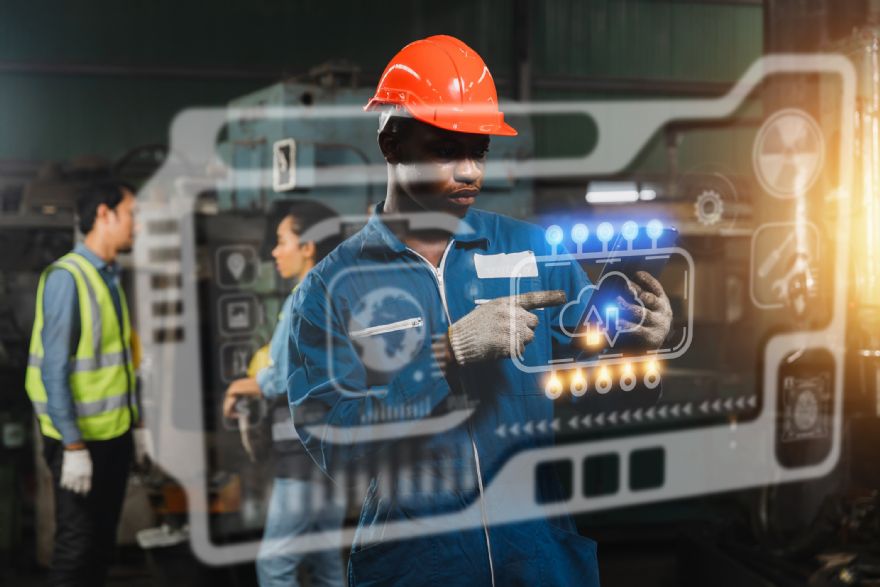
In July 2023, Siemens invested 500 million euros in a new technology campus in Erlangen, Germany, with the aim of helping develop its vision of the industrial metaverse (metaverse is defined as a ‘virtual-reality space in which users can interact with a computer-generated environment and other users’), the intention being to ‘create a blueprint for the future — a real-time, photorealistic virtual representation of the world, where AI (artificial intelligence) helps to create the next generation of high-tech, flexible, and sustainable manufacturing technologies’.
In discussing this subject, Tom Cash — a director of industrial parts supplier
Foxmere — reveals some of the computational, connectivity, interoperability, and regulatory challenges of the metaverse (a term first used in 1992 by the American author Neal Stephenson in his novel Snow Crash): “We have been talking about, and even using, digital twins, extended and augmented reality, blockchain, and virtual commissioning for more than a decade, but Siemens aims to achieve this within the industrial digital realm, wanting to leverage AI to pioneer high-tech, flexible and sustainable manufacturing technologies that go beyond mere duplication of physical systems in the virtual world. Instead, it aims to create a dynamic, intelligent ecosystem that can revolutionise manufacturing processes.”
Digital replication of real world objects and processesHe continued: “The metaverse concept has been used in recent years primarily to describe the development of a 3-D internet, referring to virtual environments that to date have been used mostly for entertainment, but it now aims to create precise simulations of industrial equipment, where it is used as an ‘umbrella term’ for various existing technologies that can be combined to digitally replicate real world objects and processes. For example, accurate simulations of factory equipment would allow manufacturers and other industrial firms to optimise operations without disruption, while improving collaboration among workers and frontline employee training; and as with the consumer vision of a 3-D internet, the industrial metaverse concept is a work in progress with extraordinary potential.
“A report released by the Manufacturing Leadership Council (a member-driven, global business leadership network) says 92% of manufacturing executives are experimenting with or implementing at least one metaverse-related use case ... However, for the metaverse to become the next iteration of the internet, it must be interoperable, with the virtual worlds that constitute the metaverse able to freely exchange data and enable seamless connections between people, processes, data and systems, but ensuring interoperability in the metaverse does have its challenges and requires widespread agreement on standards.
“In Europe, the Digital Services Act (DSA) and Digital Markets Act (DMA) have recently been implemented to promote fair competition and prevent anticompetitive practices among digital platforms, and they can indirectly benefit the industrial metaverse by encouraging interoperability and data sharing between different platforms and services.”